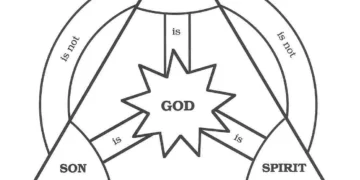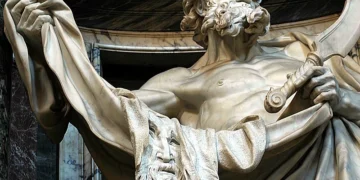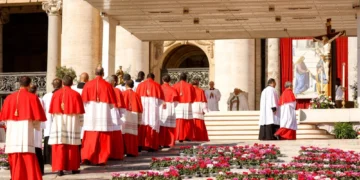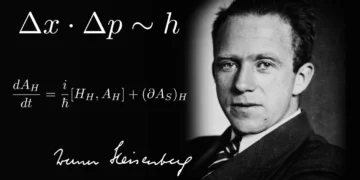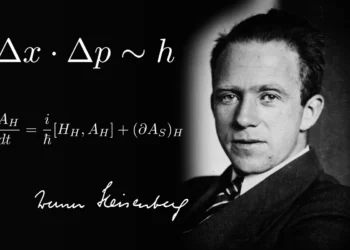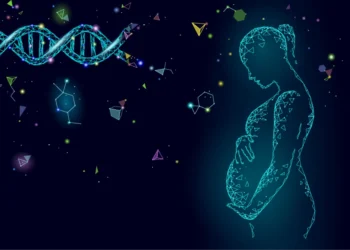The Universe 25 experiment, conducted by behavioral scientist John B. Calhoun in the 1960s, aimed to explore social dynamics and population growth by observing mouse colonies in a controlled environment. However, beyond its scientific significance, Universe 25 offers a thought-provoking perspective on the importance of personal space and the potential implications for human beings. It is within this context that an argument emerges, positing that the innate need for personal space among individuals reflects a profound longing for something greater, highlighting the role of spirituality and the concept of God in human lives.
Universe 25: The Experiment
Universe 25 created an ideal habitat for mice with unlimited resources, essentially a mouse utopia. Initially, the colony flourished, with the population increasing rapidly. However, as more individuals were born, a decline in social and mental well-being soon became evident. Mice showed signs of stress, aggression, and a disturbing lack of engagement in procreating or taking care of their young. Calhoun attributed this decline to the lack of personal space.
The Quest for Personal Space
The yearning for personal space is not unique to mice; it is deeply ingrained in human nature as well. We seek solace in solitude, crave moments of introspection, and thrive in environments that allow for privacy and tranquility. Our personal space serves as a sanctuary for self-reflection, creativity, and emotional rejuvenation. In overcrowded or intrusive settings, we may feel overwhelmed, discontented, and disconnected from our true selves.
God as a Fulfillment of Human Needs
The correlation between personal space and the need for a higher power lies in the belief that the human longing for sanctuary cannot be fully satisfied by mere physical boundaries alone. While personal space can provide a sense of security and comfort, the depth of human yearning transcends physical limitations. It can only be fulfilled by something intangible, something beyond ourselves.
Throughout history, human civilizations have turned to religion and spirituality to make sense of life’s mysteries and to find solace in times of distress. The concept of God, in its various forms across cultures, offers a sanctuary for the soul—a space where individuals can ground themselves, seek guidance, and find purpose. It provides a framework to make sense of the vastness of existence and the profundity of our inner selves.
The Role of God in Personal Space
In embracing a belief in God, individuals find a personal space that extends beyond the physical, allowing for a connection to something larger and meaningful. This connection brings about a sense of belonging, purpose, and inner peace. In the presence of God, personal boundaries expand, enabling a deep introspection of the self and fostering empathy and compassion for others. God becomes the embodiment of personal space, encompassing the desires for solitude, self-realization, and connection with the greater universe.
Universe 25 and the Need for God
Reflecting on the Universe 25 experiment and our own inherent longing for personal space, a compelling argument emerges for the need of God in our lives. While personal space offers solace and protection on a physical level, the essential nature of human beings goes beyond these boundaries. The quest for personal space ultimately signifies a yearning for something greater—an intangible connection that can only be fulfilled through spirituality and belief in a higher power. Whether one interprets this as the need for God, divinity, or the sacred, the human necessity for personal space invites us to explore the depths of our spiritual selves.













